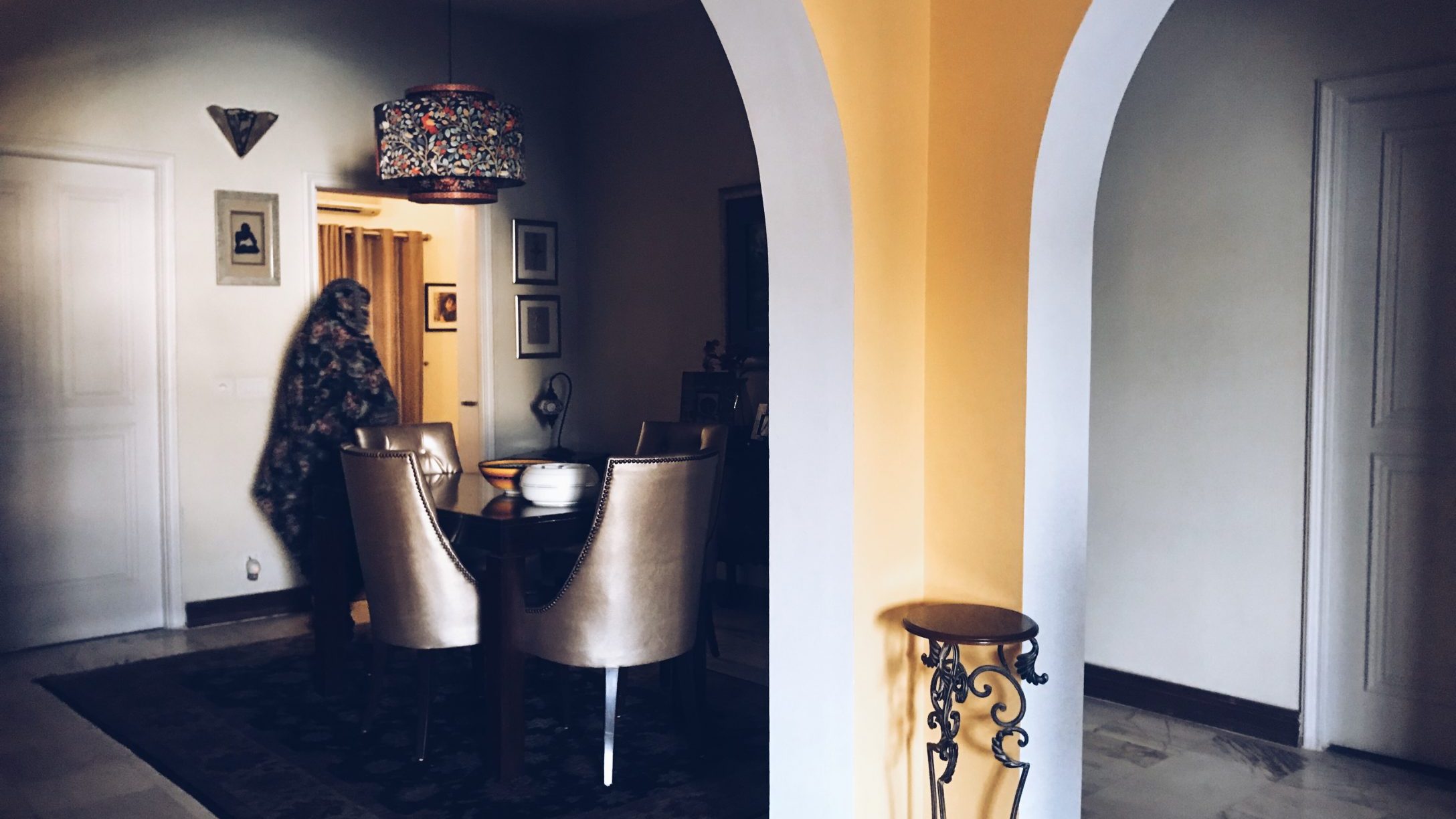The low light of the winter sun seeped into the home of my cousin Vicky as the curtains that had been guarding the intimate pauses of the day were drawn away. It was brittle and tender but also tenacious, opening up a path through the rooms and hallways of the house. In those peripheries where it did not reach, it caressed the darkness. Grids and soft fragments shifted and flowed on the marble floor with the movement of the glow; warmth and cold, silence and clamour, clarity and haziness, all bleeding into each other and yet remaining separate and distinct.
Sounds entered, too, ushered in by the song of the afternoon call to prayer. In winter the noise of the Lahore streets sounds different. It is clean and vivid. Even the cranky 70cc motorbikes, which roar so ruthlessly over the summer months, fizzle around to a more harmonious melody. I could hear them just then, along with the rickshaws, the children playing in the nearby park, and the shouts of a street food vendor selling roasted cobs of corn.
In England, where I grew up, the winter was murky and cold. The days were short and the turning back of the clocks on the last weekend of October made the overstretched nights even longer. Worst of all was the afternoons. Endless hours spent outside on the football pitch, or in make-believe worlds, gave way to an eternity trapped in the confines of our homes where the lost pleasures of the summer came to seem like a cruel deception.
In the extreme northern and southern hemispheres, the sun does not rise at all for several months of the year, at best skirting just below the horizon. Paradoxically though, various researches have shown that in many of these darkened outposts, depression is at rates lower than in relatively kinder climates. Here the darkness is a period to be savoured. The deeper the nights get, the more festivities and socialising arises – an ancient measure of protection that has become a source of joy itself. But for me one of the season’s great compensations has always been the winter-time sunlight.
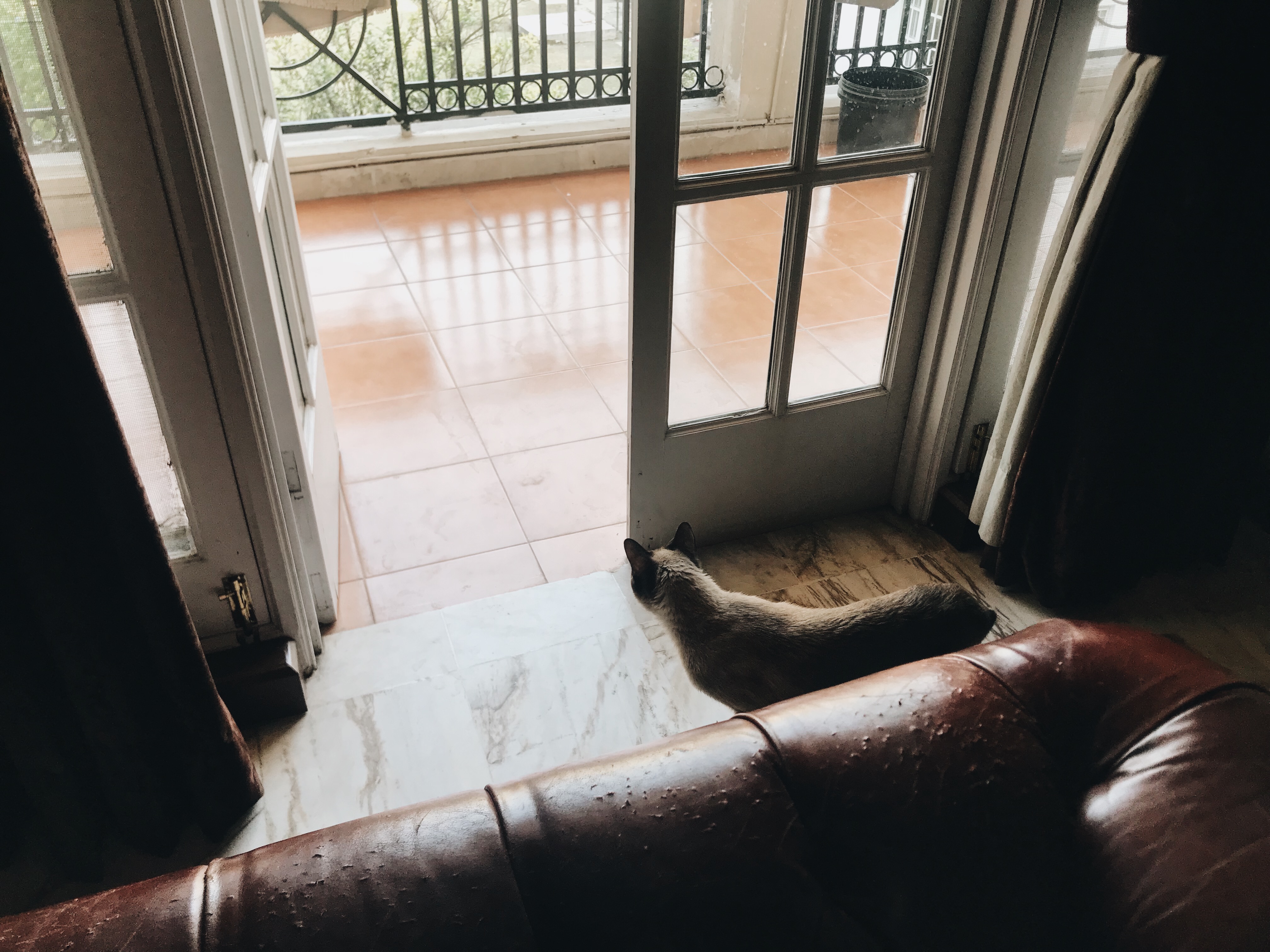 Photo: Usman Ahmad
Photo: Usman AhmadThe house pet Dobby, a shy rust-coloured Siamese cat, slinked around the corners of the now awakened house, mostly as a silhouette pressing silkily against the walls. Soon the mellow warmth of the lit up spaces drew him out and he emerged with a jump up to the top of an oak chest situated in front of a bay window. Though I often stay with Vicky whenever I visit the city, it was the first time I truly felt the presence of her house, drifting between the shadows and the hazelnut currents of the light.
As I began to take pictures I realised that I could never fully capture the essence of what I was seeing. This is how it is. The winter light, much like the season that gives birth to it, has a way of bringing into focus the richness of the internal life—but only partially. Everywhere I looked I found both clarity and inscrutability. In the half opened door of a bedroom, where the light pushed through with welcoming tones that also hinted at separation and closure; in the easy solitude of the strewn plug adapter of a lamp; in the shadows that rose across the faces of my nephews and nieces as they rested and played.
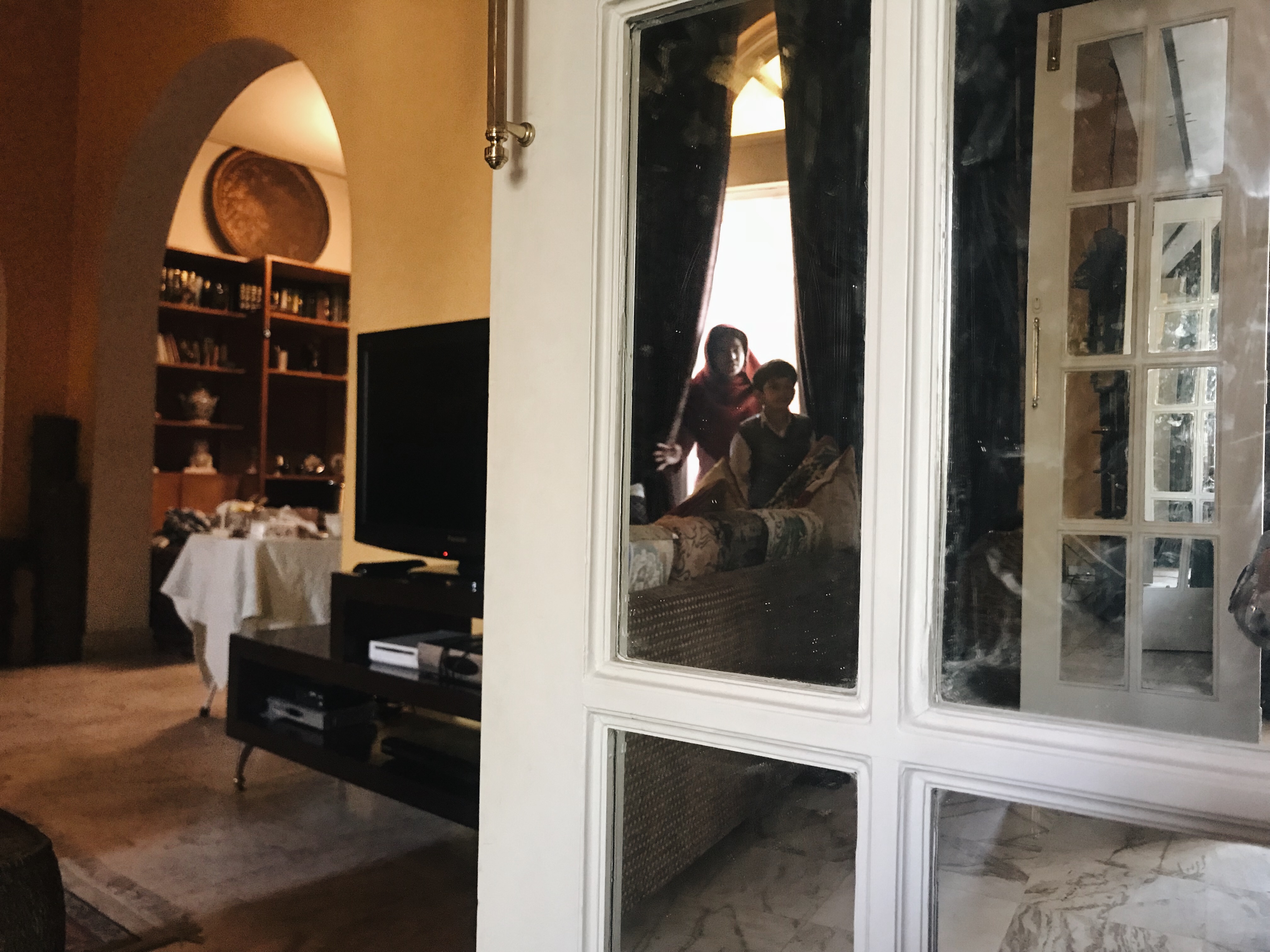 Photo: Usman Ahmad
Photo: Usman AhmadThe first time I saw winter as something other than a time of sadness, I was at the start of my life at university and I was alone, having lost contact with most of my college friends during a gap year. I have never been good at maintaining relationships. The people in my life have always meant more to me than I do to them. It’s not that they (or I) were bad companions, just that their closer affinities lay elsewhere, whereas I was always adrift without any anchors and forever struggling to reconcile myself to conflicting identities. It’s always been easier to fall through the cracks of my own selfhood, than create something from it. And so that first winter at university offered me a chance to settle my soul and assert my place in the world.
The first few weeks were not easy. Owing to a clerical error in my application form the accommodation office had not allocated me a dormitory room. Instead I found myself stuck in temporary lodgings in a house significantly removed from the university campus. My roommates there were two Masters students. One was a foreign graduate from China, the other was another British Pakistani, flashily dressed and self-assured, who could barely conceal his displeasure at finding himself thrown in with such unworthy company. Both hardly ever spoke or mingled. It was as though they were ghosts there to remind me of my own inescapable fate. There are many ways in which a person disappears. Sometimes they choose to hide, sometimes there is nothing out there to summon their presence, but whatever brings about their banishment, loneliness becomes another familiar form of habit.
Within the confines of my solitude it was the light that kept me company, every morning and every afternoon on my walk to and back from campus. It was beautiful in a way I couldn’t quite comprehend, especially when it would set over the clock tower of the old Founders building. Seeing the light like this everyday in all of its complex interplays connected me to myself. It wasn’t anything in particular. Just the happiness it gave me. It was evidence that I was real and that sometimes the simple beauties that life gave you were enough.
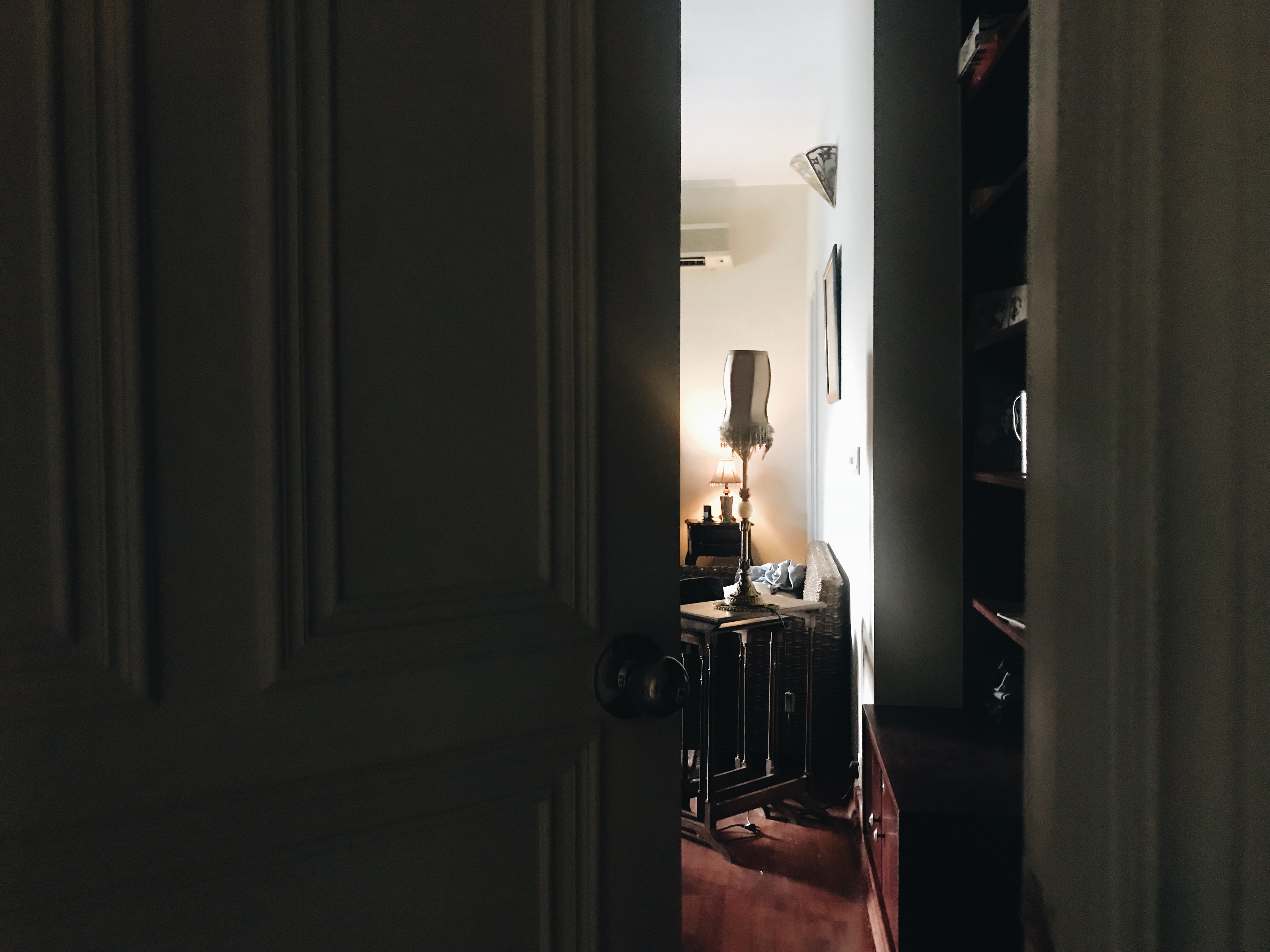 Photo: Usman Ahmad
Photo: Usman Ahmad
The more photos I took, new routes and maps formed inside of me, reaching out to the past and the present which for me today means Pakistan, the place I have called home for over a decade now. Here, with the exception of the almost arctic mountainous north, winter proceeds on an altogether different rhythm. As the nights grow long and the heat of high summer recedes, tired and lifeless people and places are revitalised. Winter is about colour, food, crowds, and sounds, which ring with the raucous noise of regeneration. For me it has another significance. It was in the winter months that I discovered my wife, under one of the season’s other magical lights, the ones that shine away at endless wedding receptions, harsh in their glow but comforting also for all the accumulated winter memories they illuminate. Whenever the season comes around now I want to preserve it more. It is a sort of companion reminding me that I am not alone, that I can be recognised and familiar, but that I can also savour belonging to myself and to others, to the darkness, to the spaces unseen, and the hollows and the gaps in the soul, and to the light. Always the light, before it recedes, before everything is hidden again.
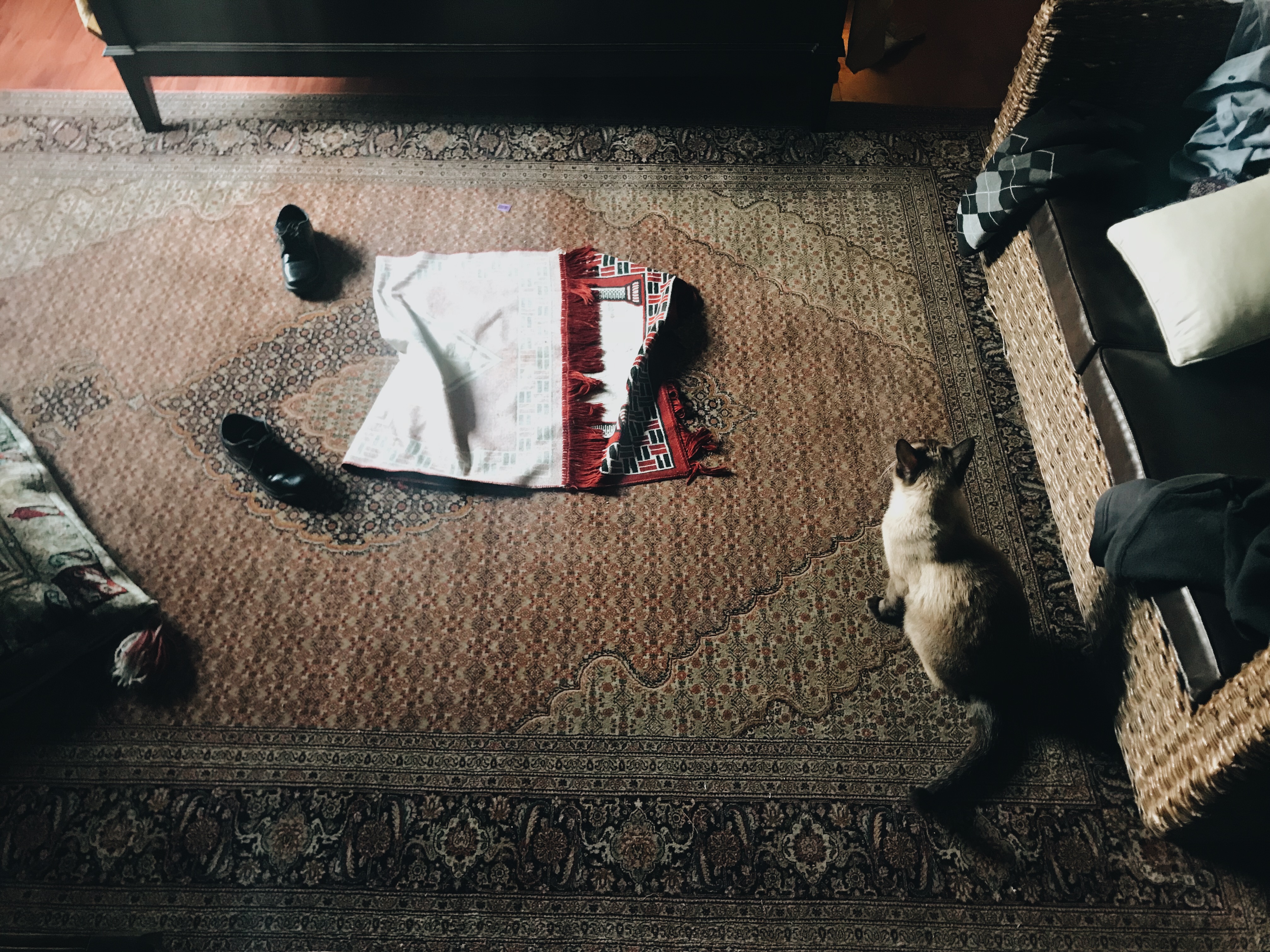 Photo: Usman Ahmad
Photo: Usman AhmadUsman Ahmad

